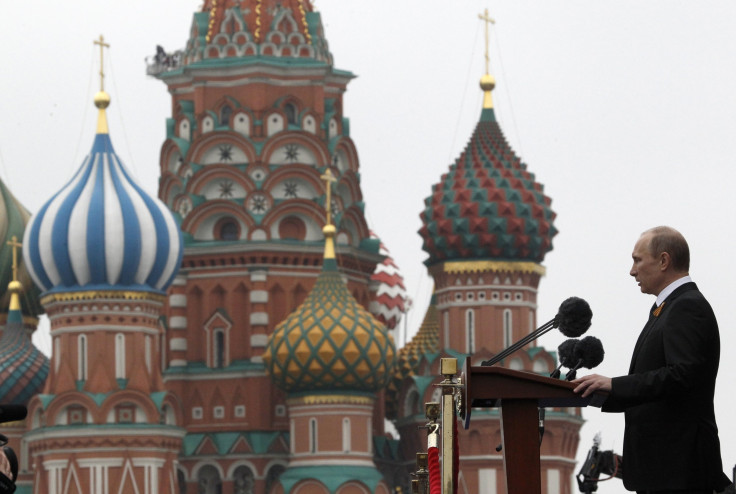The Real Reason For Russia's Move On Crimea: Putin's Political Insecurity, Former CIA Official Says

Russia’s sending thousands of troops into Ukraine’s autonomous region of Crimea, after street protests that began last year ousted Ukraine’s pro-Russian President Viktor Yanukovych in February, was a sign of Moscow’s internal political insecurity, experts say.
“What happened in Kiev since November from [Russian President Vladimir] Putin’s point of view is very, very, disturbing -- it’s creating a bit of instability and unpredictability,” Peter Clement, former deputy director of the Central Intelligence Agency Directorate of Intelligence, said at a Columbia University panel discussion on Monday.
What Putin was especially wary of is that a friendly, pro-Russia president next door was ousted by violent street protests; Russia's president, Clement said, has also taken notice of the Arab Spring, with its popular revolutions that toppled entrenched leaders.
Based on these insecurities, Putin tried to reintroduce Russia “as a force or factor” in the region, by putting thousands of troops in Crimea, under the guise of defending the ethnic Russian majority there.
“This is about domestic politics in Russia,” Matthew Rojansky, the director of the Kennan Institute at the Woodrow Wilson International Center for Scholars, said. “This is about rejecting the model that people can pour onto the streets [and] can express their frustrations and grievances and they can change a government. That is a model that Putin cannot accept.”
Rojansky, speaking Monday on National Public Radio, said that Putin would not allow Russia’s “brotherly east Slavic country” to easily turn to the West.
In November, Yanukovych, pressured by Russia, backed out of an Association Agreement with the European Union that would have integrated the country closer with Europe. A revolt that began after that decision ultimately pushed Yanukovych out, which undermined Putin’s concept of what Russia's world should look like, Rojansky said.
“He wants a Eurasian union, in which Ukraine will be an absolutely vital part,” Rojansky said.
But the very ousting of Yanukovych demonstrates Russia’s lack of control over former Soviet territories that are culturally close to Russia. Moreover, it demonstrates Putin’s weakness and lack of credibility, which “for him is the beginning of the end of the strength and image that he needs to rule in Russia,” Rojansky said.
© Copyright IBTimes 2024. All rights reserved.












